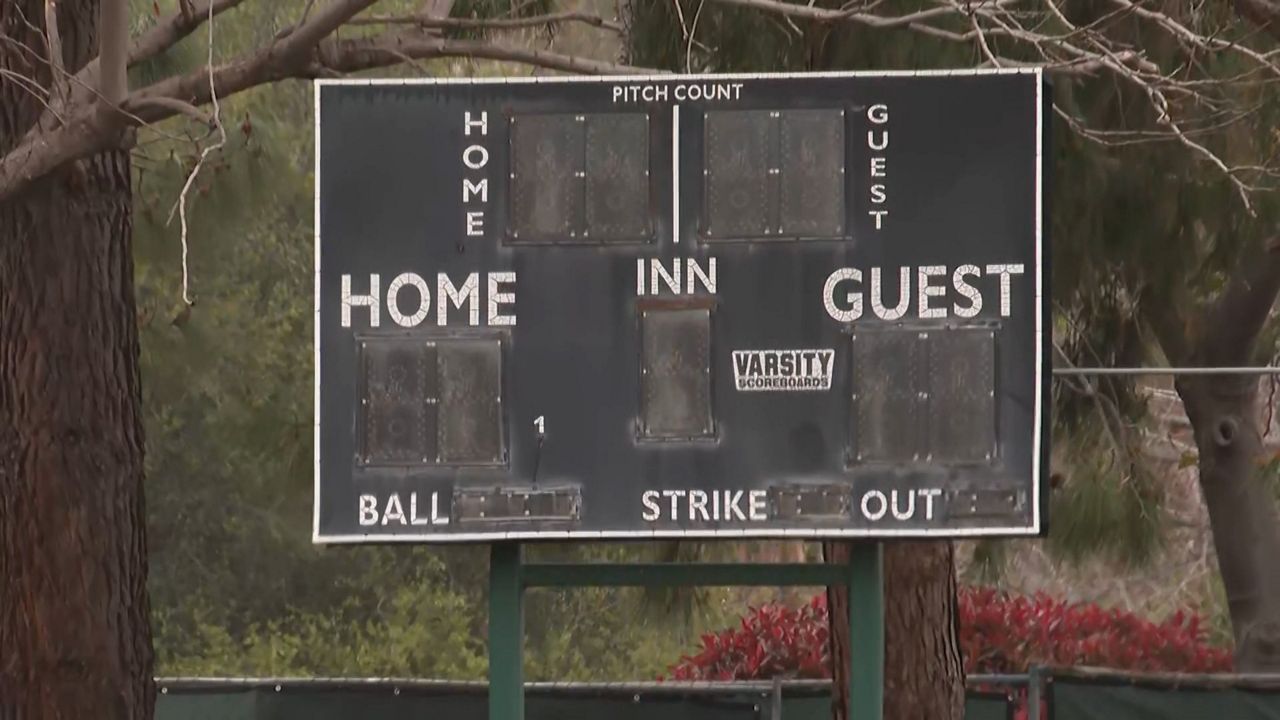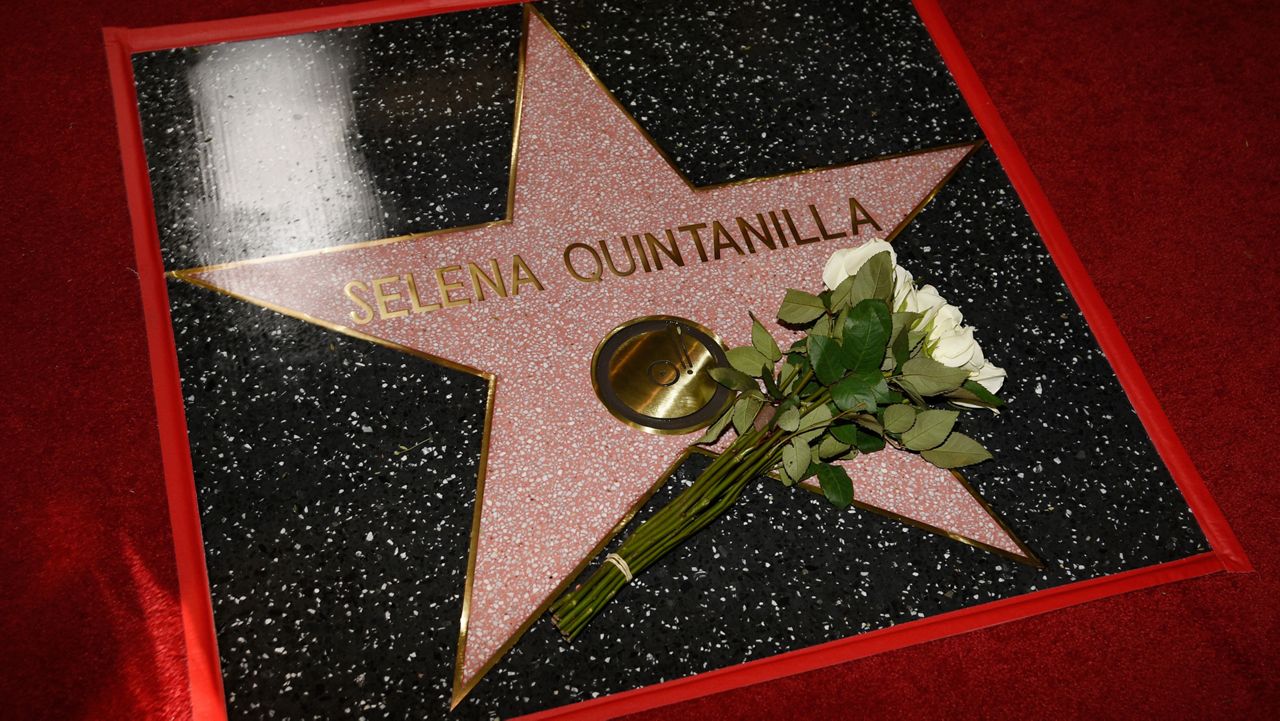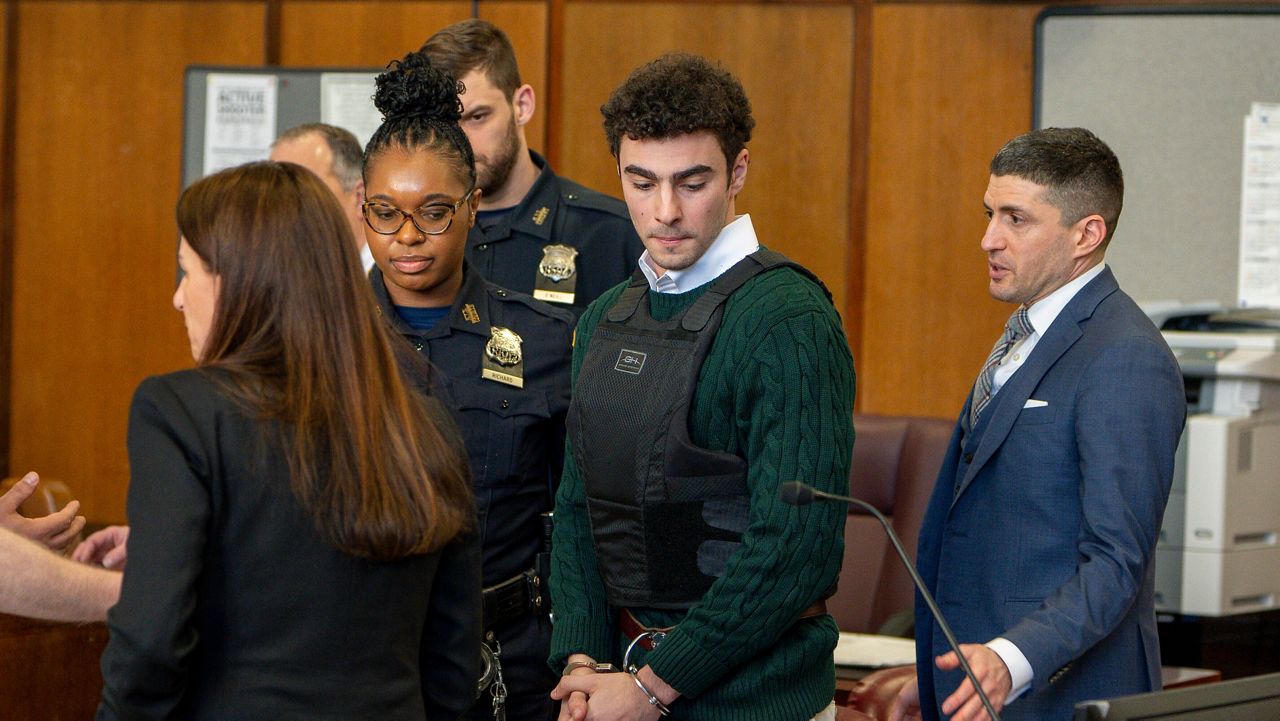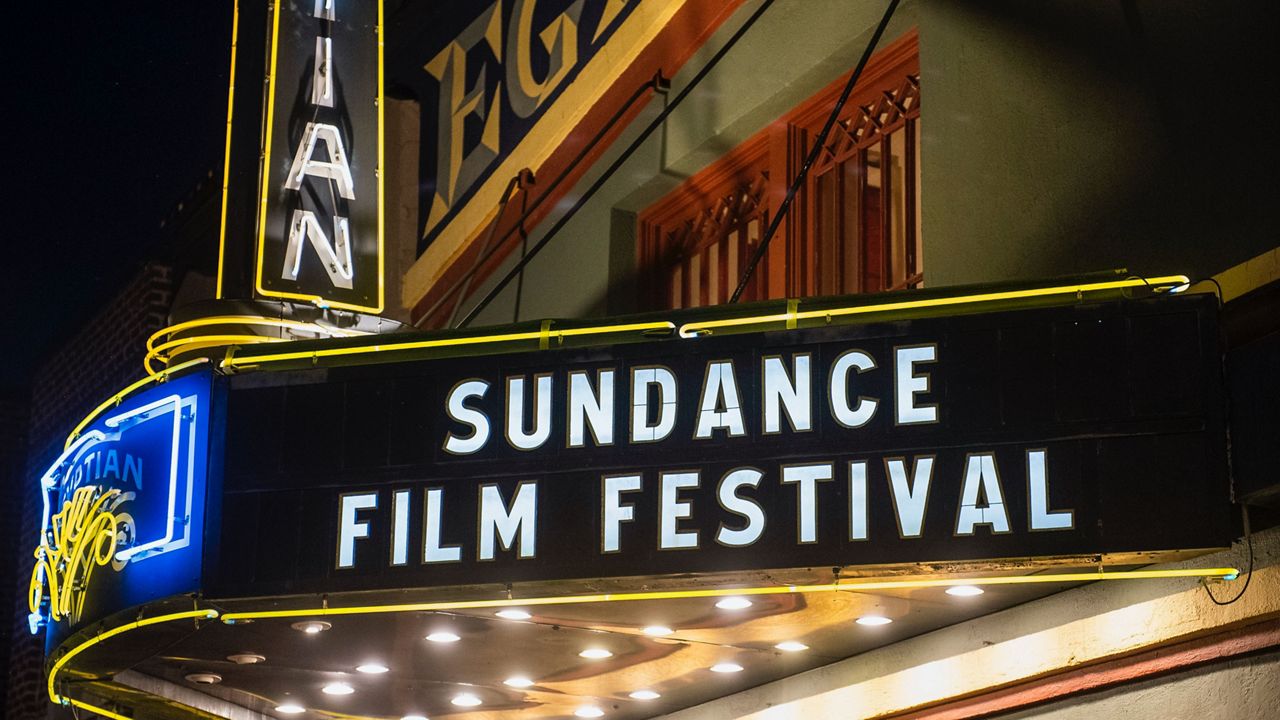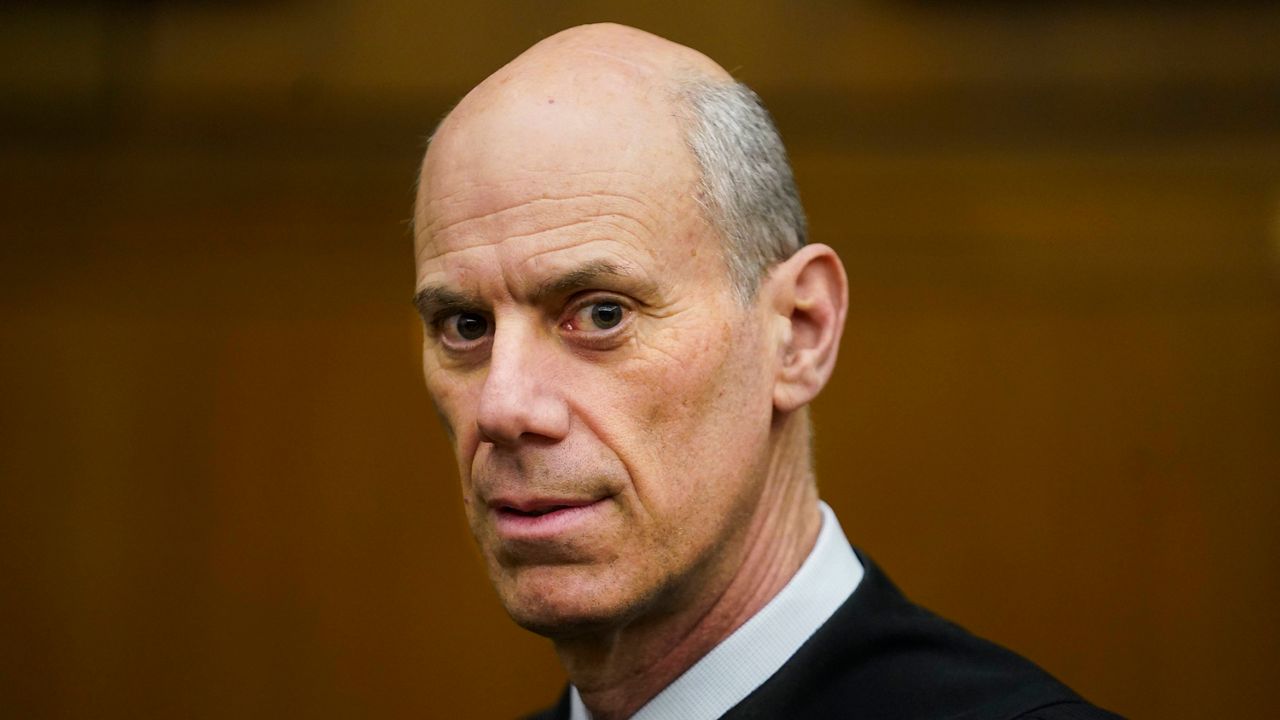CARLSBAD, Calif. — As teachers at Pacific Ridge School in Carlsbad engage youth in civic education, they also encourage an open dialogue rooted in compassion for students, as they discuss differing opinions when it comes to politics.
At this school, the classroom takes many forms. In what’s called their “purpose period,” students are using the time to discuss the top issues that drove this election cycle.
“I feel like foreign policy — comes first, because policies are what really set the regulations,” said Chloe Kim, an 18-year-old senior.
Kim said she wants to major in philosophy, politics and law and enjoys learning about current events to stay engaged with the world around her.
That ethical responsibility is part of the curriculum at Pacific Ridge, which is why Rohan Phadnis is part of a club on campus called Model UN that takes him across the country, developing a passion for international affairs at just 17 years old.
“We basically go and we debate international topics. So we have we had people talking about broadband access in Africa,” Phadnis explained. “There’s a large range of topics, but it’s always something that can be related to modern day.”
But perhaps just as important as the topics is the empathy the students are also learning to incorporate as they discuss differing views, said English teacher Michael Fisher.
They use the Harkness method where students leading the discussion are called facilitators and other roles are established like questioner, contributor and observer for each participant in the dialogue.
“Listening, respecting people with different views and just showing that we’re capable of reaching across differences,” Fisher explained. “[If] we have a strong reaction to what someone else says, [then] maybe we sit with that, find an opportunity to ask a question and try to really engage in this in a civil, respectful way.”
Equity and Civic Engagement Coordinator Spencer Burrows said this creates a respectful space for students to engage with the civic process in a healthy way as they develop into the leaders of tomorrow.
“One thing that we hear repeatedly from college administrators and beyond is that students are entering college with a very weak understanding of how the civic process works,” Burrows said. “I want all of our students to have that foundational knowledge of how to be an engaged citizen and also provide them opportunities to do that work.”
It’s why Chloe said she feels prepared for college with an internship at a city council member’s office already under her belt.
But as she visualizes the future she wants to live in, she said leaning across the aisle is non-negotiable.
“A democracy, by definition, is a system where everyone’s voices matter, like where everyone can have a say,” Kim started. “So I think empathy is always going to be the underlying key.”
The key, she said, to moving forward on common ground.









